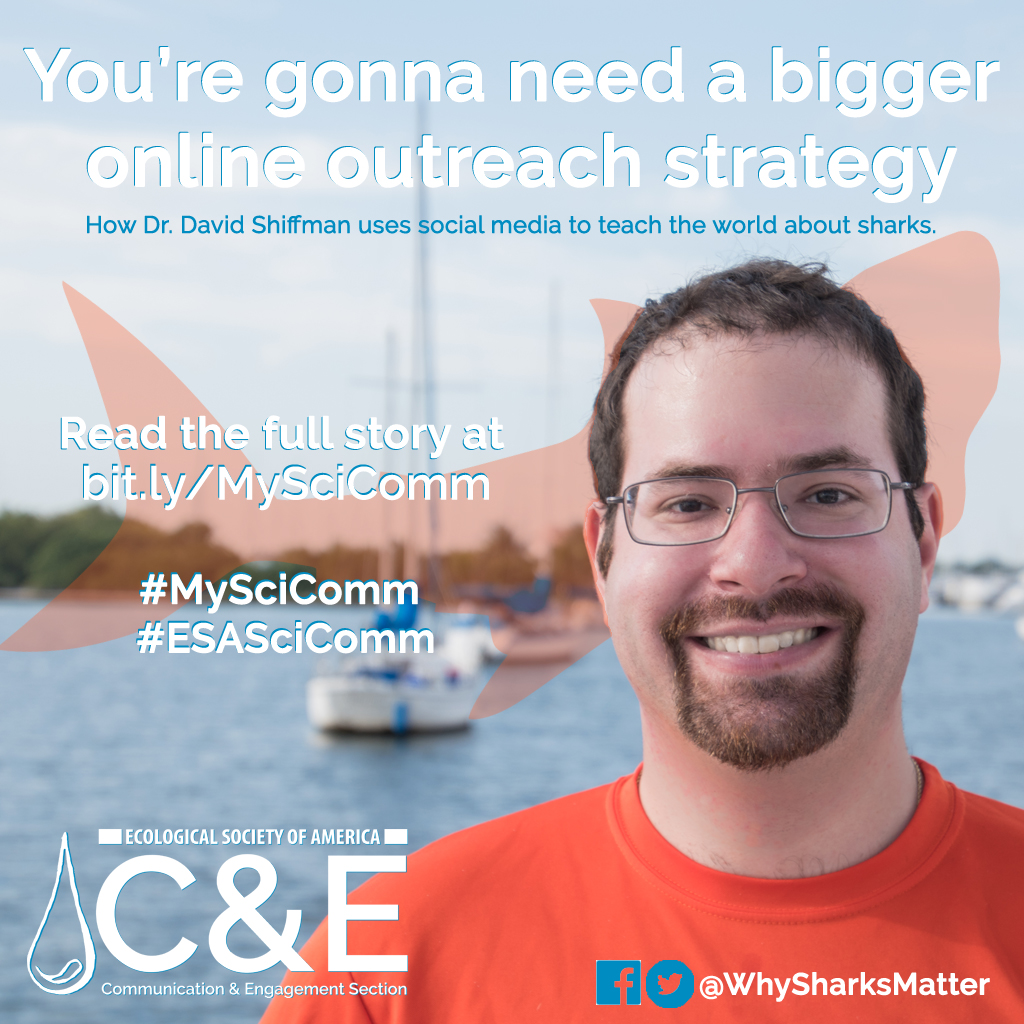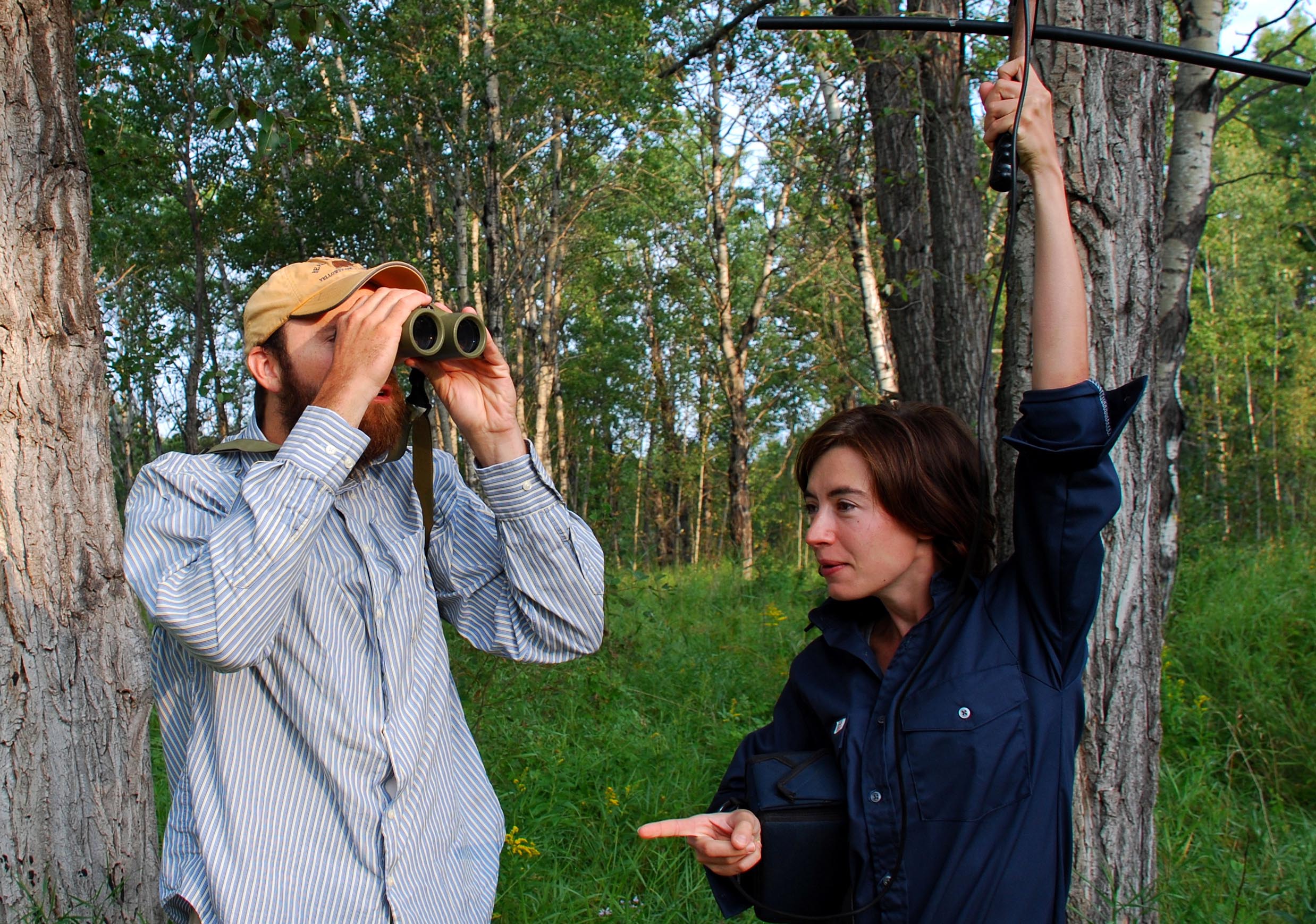
Resource of the Week: 10 (ten) simple rules for drawing scientific comics
Excerpt from the paper Ten simple rules for drawing scientific comics: There are few scientists who haven’t heard of Randall Munroe, the artist behind the web comic “xkcd,” which features amazing graphic explanations on everything from climate change to data storage. These comics are widely appealing to a diverse audience and are posted on walls in laboratories and pubs alike. The ideas…



